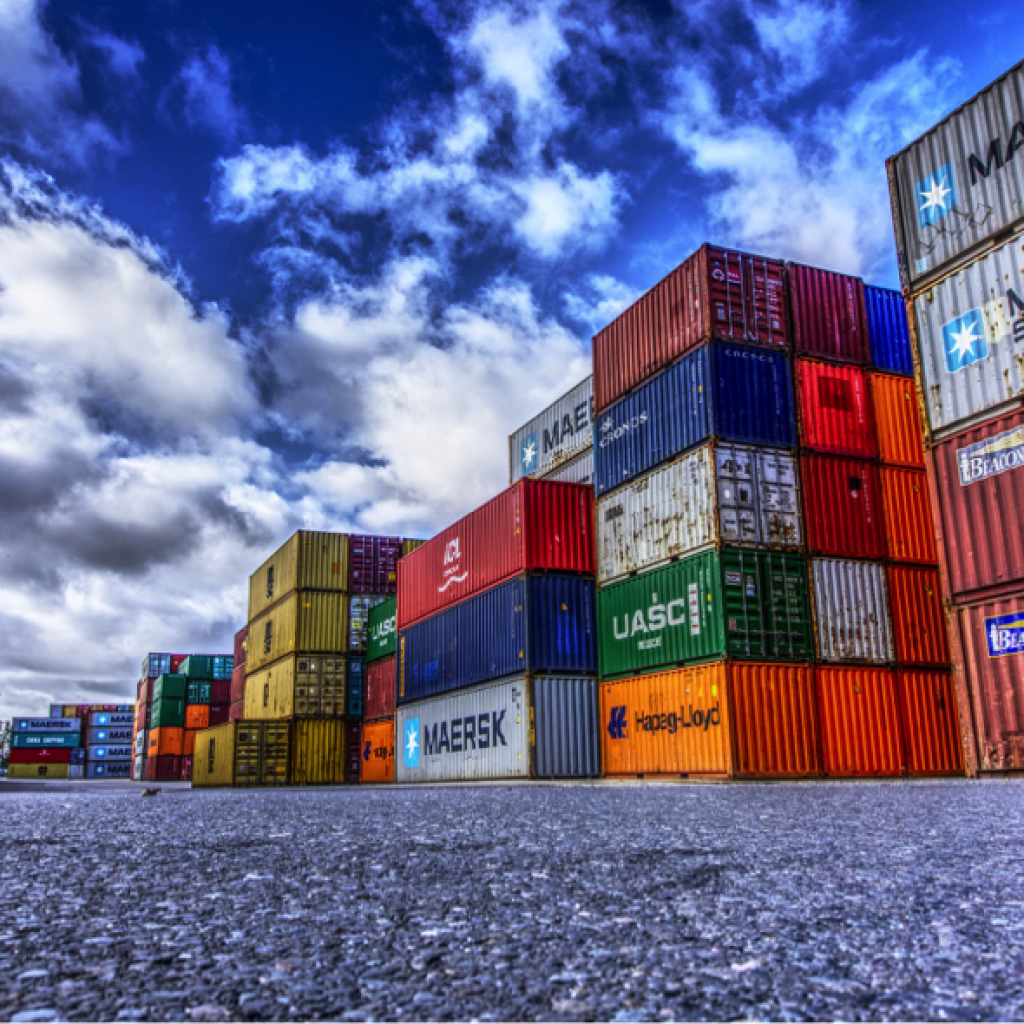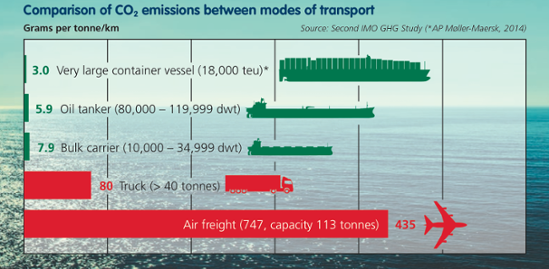Will IMO 2020 Have a Grace Period on Implementation?

In only 5 months, starting on January 1st, 2020, cargo ships have to meet the International Maritime Organization’s (IMO) new 0.5% sulfur cap on fuel known as IMO 2020. Or do they?
Mike Wackett wrote in an article for the Loadstar:
Growing safety concerns around the IMO’s 0.5% sulphur cap on marine fuels has led to talk of a period of “permitted noncompliance” following the 1 January implementation.
Safety Concern Over IMO 2020
Just last week, we posted an article here in Universal Cargo’s blog about the need to test low sulfur fuels now because of safety concerns being raised over implementation of the upcoming IMO 2020.
The biggest safety concern brought up in that article is the increased chance of engine failure due to the inadvertent mixing of incompatible products from new low sulfur fuels getting mixed, creating sludge in ships’ engines.
Such outcomes would put seafarer’s lives at risk as well as increase the risk of damage or loss to cargo being shipped around the world.
Nations Consider “Soft Start” on IMO 2020
According to Wackett’s article, such safety concerns are growing traction, resulting in countries considering a grace period for ships to become compliant with the new lower sulfur fuel regulations.
Countries are also taking into consideration the possible economic impact the new cleaner fuel rule may have when deciding on how strict to be about enforcing the new requirements. Wackett reports that while some countries are considering a grace period for IMO 2020, Indonesia has already decided it will not be enforcing the new rule come January 1st:
… Indonesia has announced that, because of the threat of an increase in prices for consumer goods, it will continue to allow its flag-state vessels to burn 3.5% sulphur content fuel within its coastal waters after 1 January, and until the cost and availability of compliant fuel improves.
And other countries are reported to be considering their options, all of which will send ripples of concern through to the IMO headquarters in London.
Each of the 91 state signatories of the MARPOL Annex V1 regulation is required to enforce the new maximum sulphur content rules within their territorial waters, but some nations are beginning to call for a “soft start” to IMO 2020.
Environmental Impact of Ocean Freight Shipping
Environmentalists likely won’t be happy at the idea of a delayed start to the ocean freight industry switching to cleaner fuel. The industry has long been criticized for its environmental impact through CO2 greenhouse gas emissions.
Despite container ships having the lowest CO2 footprint per TEU transported of any mode of cargo transport, as illustrated in the CO2 comparison graph below, ocean shipping as a whole still creates greenhouse gas pollution comparable to a large country. This is due to the fact that 90% of the world’s goods are transported through ocean freight shipping.

A 2018 article by Zoë Schlanger published by Quartz says, “If shipping were a country, it would be the world’s sixth-biggest greenhouse gas emitter.”
IMO 2020 Preparation Lagging
Obviously, there is a need for the fuel emission reduction the IMO is putting into place. Unfortunately, the industry just seems to be failing to meet the deadline for implementation of the new rule despite years of lead-up and notice for IMO 2020.
Whose Burden Is IMO 2020 Anyway?
Preparing for IMO 2020 has long been touted as the biggest problem the ocean freight industry faces 2019. It has been thought of as an especially hard burden for shipping lines.
However, some carriers have been prepping ships for a while now with “scrubbers” to remove harmful gasses from engines and exhaust to meet the IMO 2020 requirements. And while ships without scrubbers will have to switch to more expensive cleaner fuel, carriers are expected to recoup those costs through shipper contracts.
Of course, the increased cost of cleaner ocean freight shipping would get passed along to the shipper, and eventually, the consumer. The question now is just how fast will that actually happen.
Questions Surrounding IMO 2020
Will we see a grace period for IMO 2020 as the new year hits? How long would such a grace period last? Is such a grace period fair to carriers that have already heavily invested in becoming compliant to IMO 2020?
Universal Cargo will be monitoring these questions and more as the answers become clearer with the approach of IMO 2020.




